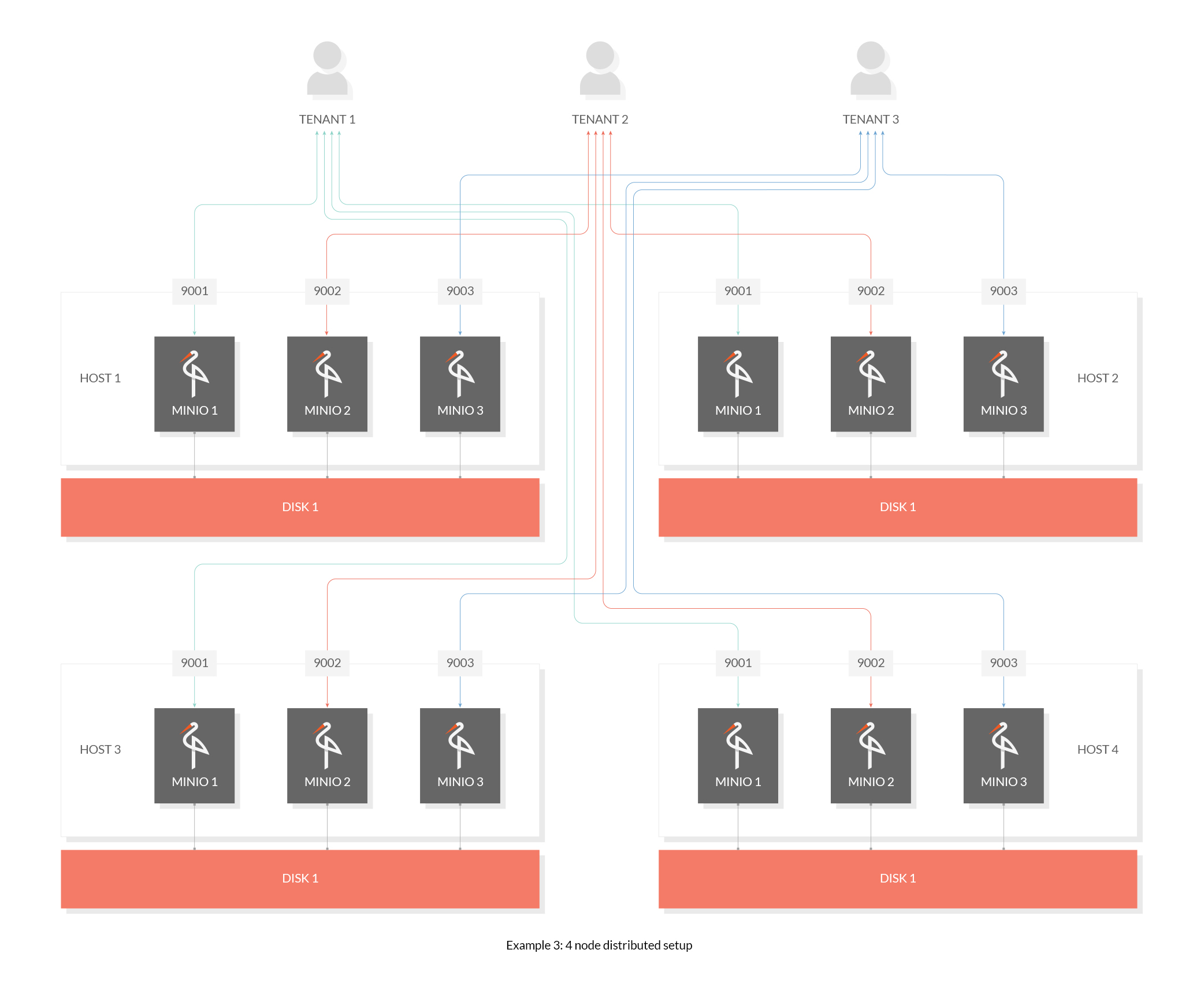- Sort Score
- Result 10 results
- Languages All
Results 921 - 930 of 1,356 for aren (0.02 sec)
-
guava-tests/benchmark/com/google/common/cache/LoadingCacheSingleThreadBenchmark.java
@Param({"1000", "2000"}) int maximumSize; @Param("5000") int distinctKeys; @Param("4") int segments; // 1 means uniform likelihood of keys; higher means some keys are more popular // tweak this to control hit rate @Param("2.5") double concentration; Random random = new Random(); LoadingCache<Integer, Integer> cache; int max;Registered: Fri Sep 05 12:43:10 UTC 2025 - Last Modified: Thu Dec 19 18:03:30 UTC 2024 - 3.4K bytes - Viewed (0) -
docs/en/docs/index.md
--- FastAPI is a modern, fast (high-performance), web framework for building APIs with Python based on standard Python type hints. The key features are: * **Fast**: Very high performance, on par with **NodeJS** and **Go** (thanks to Starlette and Pydantic). [One of the fastest Python frameworks available](#performance).
Registered: Sun Sep 07 07:19:17 UTC 2025 - Last Modified: Sun Aug 31 10:49:48 UTC 2025 - 21.3K bytes - Viewed (0) -
android/guava-testlib/src/com/google/common/collect/testing/testers/SetEqualsTester.java
elements.add(null); collection = getSubjectGenerator().create(elements.toArray()); assertTrue( "A Set should equal any other Set containing the same elements," + " even if some elements are null.", getSet().equals(MinimalSet.from(elements))); } @CollectionSize.Require(absent = CollectionSize.ZERO) public void testEquals_otherContainsNull() {
Registered: Fri Sep 05 12:43:10 UTC 2025 - Last Modified: Thu Nov 14 23:40:07 UTC 2024 - 3.6K bytes - Viewed (0) -
android/guava-testlib/src/com/google/common/collect/testing/google/MultisetSetCountConditionallyTester.java
getMultiset().setCount(e0(), 1, 5)); expectContents(nCopies(3, e0())); } /* * TODO: test that unmodifiable multisets either throw UOE or return false * when both are valid options. Currently we test the UOE cases and the * return-false cases but not their intersection */
Registered: Fri Sep 05 12:43:10 UTC 2025 - Last Modified: Thu Nov 14 23:40:07 UTC 2024 - 4K bytes - Viewed (0) -
android/guava-tests/test/com/google/common/graph/StandardImmutableGraphAdditionalTest.java
import org.jspecify.annotations.NullUnmarked; import org.junit.Test; import org.junit.runner.RunWith; import org.junit.runners.JUnit4; /** * Tests for {@link ImmutableGraph} and {@link ImmutableGraph.Builder} that are not ready covered by * {@link StandardImmutableDirectedGraphTest}. */ @RunWith(JUnit4.class) @NullUnmarked public class StandardImmutableGraphAdditionalTest { @Test public void immutableGraph() {Registered: Fri Sep 05 12:43:10 UTC 2025 - Last Modified: Thu Dec 19 18:03:30 UTC 2024 - 4.5K bytes - Viewed (0) -
android/guava-tests/test/com/google/common/hash/AbstractByteHasherTest.java
Random random = new Random(); for (int i = 0; i < 100; i++) { byte[] bytes = new byte[64]; random.nextBytes(bytes); String s = new String(bytes, UTF_16LE); // so all random strings are valid assertEquals( new TestHasher().putUnencodedChars(s).hash(), new TestHasher().putBytes(s.getBytes(UTF_16LE)).hash()); assertEquals( new TestHasher().putUnencodedChars(s).hash(),
Registered: Fri Sep 05 12:43:10 UTC 2025 - Last Modified: Thu Dec 19 18:03:30 UTC 2024 - 3.8K bytes - Viewed (0) -
guava-tests/test/com/google/common/graph/StandardImmutableGraphAdditionalTest.java
import org.jspecify.annotations.NullUnmarked; import org.junit.Test; import org.junit.runner.RunWith; import org.junit.runners.JUnit4; /** * Tests for {@link ImmutableGraph} and {@link ImmutableGraph.Builder} that are not ready covered by * {@link StandardImmutableDirectedGraphTest}. */ @RunWith(JUnit4.class) @NullUnmarked public class StandardImmutableGraphAdditionalTest { @Test public void immutableGraph() {Registered: Fri Sep 05 12:43:10 UTC 2025 - Last Modified: Thu Dec 19 18:03:30 UTC 2024 - 4.5K bytes - Viewed (0) -
guava-tests/test/com/google/common/graph/TestUtil.java
assertThat(networkA).isEqualTo(networkB); } /** * In some cases our graph implementations return custom sets that define their own size() and * contains(). Verify that these sets are consistent with the elements of their iterator. */ @CanIgnoreReturnValue static <T> Set<T> sanityCheckSet(Set<T> set) { assertThat(set).hasSize(Iterators.size(set.iterator())); for (Object element : set) {Registered: Fri Sep 05 12:43:10 UTC 2025 - Last Modified: Sat Jan 18 02:54:30 UTC 2025 - 4K bytes - Viewed (0) -
guava-testlib/src/com/google/common/collect/testing/testers/SetEqualsTester.java
elements.add(null); collection = getSubjectGenerator().create(elements.toArray()); assertTrue( "A Set should equal any other Set containing the same elements," + " even if some elements are null.", getSet().equals(MinimalSet.from(elements))); } @CollectionSize.Require(absent = CollectionSize.ZERO) public void testEquals_otherContainsNull() {
Registered: Fri Sep 05 12:43:10 UTC 2025 - Last Modified: Thu Nov 14 23:40:07 UTC 2024 - 3.6K bytes - Viewed (0) -
docs/multi-tenancy/README.md
``` **Note:** Execute the commands on all 4 nodes. 
Registered: Sun Sep 07 19:28:11 UTC 2025 - Last Modified: Tue Aug 12 18:20:36 UTC 2025 - 3.1K bytes - Viewed (0)